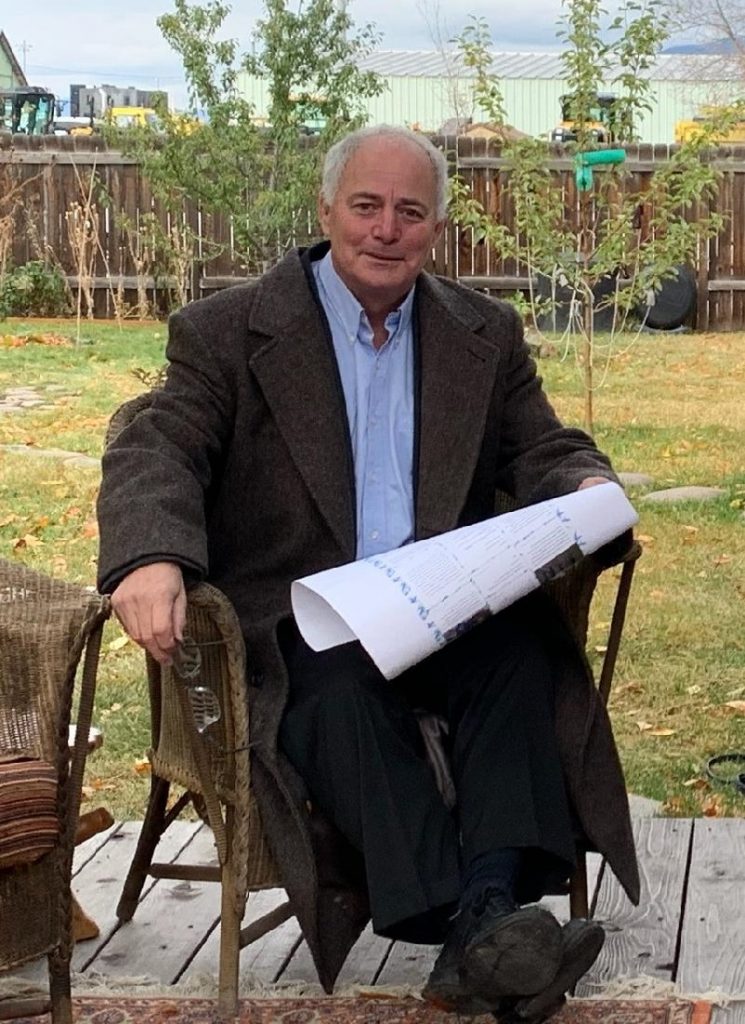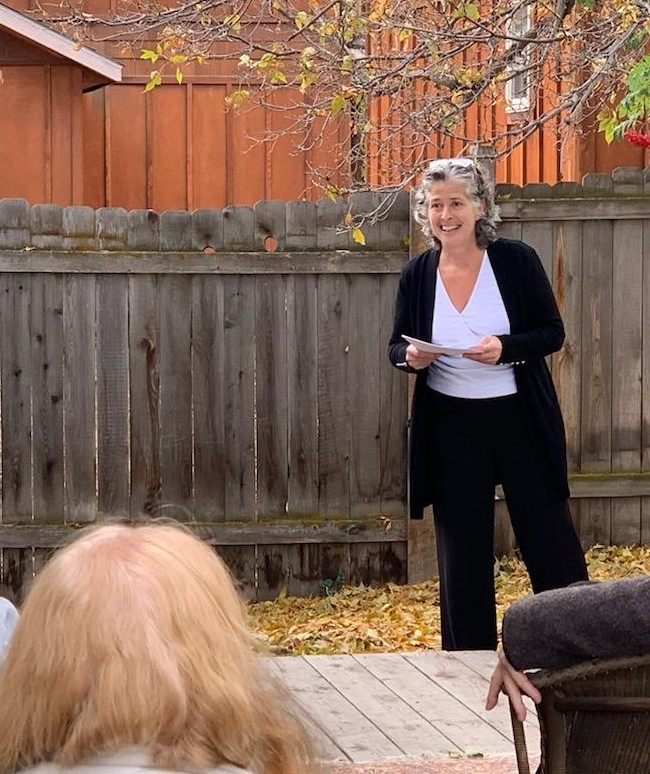
On October 20, ARC Solutions presented former WTI Director Steve Albert with a Lifetime Road Ecology Leadership Award in recognition of his enduring legacy in making our nation’s roads safer for both people and wildlife.A not-for-profit network working to promote leading-edge solutions to improve human safety, wildlife mobility and landscape connectivity, ARC celebrated Steve’s leadership, his encouragement, and his creativity, first as a co-founder of the ARC International Wildlife Crossing Infrastructure Design Competition and then as an original member of the ARC Steering Committee. Executive Director Renee Callahan highlighted a variety of successes supported and inspired by Steve during his decade-plus tenure with ARC, including:
“Winning 4 Wildlife” – Aimed at introducing middle school students to the concepts of safe passage and the need for creative wildlife-friendly solutions to make our highways safer, this curriculum was co-developed by three Montana teachers as part of WTI’s Innovative Transportation Systems Research Engagement for Teachersprogram in 2018.
WVC Reduction and Habitat Connectivity Pooled Fund Study – ARC partnered with the State of Nevada to launch a pooled fund study on WVC Reduction and Habitat Connectivity. Study members, including Alaska, Arizona, California, Iowa, Michigan, Minnesota, New Mexico, Oregon, Washington, the Ontario Ministry of Transportation and Parks Canada, have since committed $1.275 million in research funds to identify cost-effective solutions to integrate highway safety and human mobility with wildlife conservation and habitat connectivity. WTI Road Ecologist Marcel Huijser is leading a team of researchers conducting the research task to identify and evaluate cost-effective strategies.
Fiber-Reinforced Polymer Crossing Structure – In one of the research projects under the Pooled Fund Study, WTI is teaming with ARC Solutions, Ryerson University and the California Department of Transportation to explore design-based opportunities to build North America’s first fiber-reinforced polymer (FRP) wildlife crossing in Siskiyou County, CA. A highly-versatile materialthat is durable, modular, and virtually maintenance free, FRP is widely used in Europe for bike-ped infrastructure and promises to be a game-changer in the construction of the next-generation of wildlife infrastructure in the U.S.

During the ceremony, ARC presented Steve with a keepsake card and commemorative print by renowned wildlife photographer Joe Riis depicting mule deer crossing a roadway within the Greater Yellowstone Ecosystem. Family, friends, and colleagues joined in the festivities by sharing personal and professional tributes illustrating Steve’s exceptional leadership within the field of road ecology. ARC is fiscally sponsored by the Center for Large Landscape Conservation in Bozeman, MT. To learn more about ARC’s work, please visit arc-solutions.org. To learn more about WTI’s research in this area, visit the WTI Road Ecology webpage.
